Homesteading in Ontario – A Complete Guide To Self-Sufficient Lifestyle For Beginners
The word homesteading might bring the image of a farm with loads of growing vegetables or rearing cattle. Some may associate the phrases like “living off the grid” or “living sustainably.” If you are a fan of TV shows like The Biggest Little Farm or Unplugged Nation, you might be thinking of ditching city life and homesteading on some faraway farm. But what is homesteading, and how can you start doing it? This article will demystify all the details about homesteading.
What is Homesteading?
Homesteading might mean different things to different people. In general, it is about living a self-sufficient lifestyle. Some of the most important features of homesteading involve owning your property and the structures on it. It also involves performing small-scale farming to become self-sufficient and reduce dependency on outside resources.
On the other end of the spectrum, some people live in urban or suburban areas and adopt only a few practices of homesteading like starting a small kitchen garden.
Homesteaders come from various backgrounds. Some are born in the town, others in the city. Some grew up with homesteading parents who own land, and others have been urban dwellers who want to live on a homestead property, somewhere quiet and closer to nature. Some plan to retire and and live on a dream farm to support themselves. Depending on their situation, people adopt homesteading for different reasons.
Homesteading In Ontario - Important Considerations in the Management of Homestead property
Homesteaders live a different life from most people. People might wonder if there are any legal hindrances in the way of a homesteading lifestyle on a land managed by the Canadian Government. The good news is that homesteading can be done off-the-grid in Canada. You can own your own land, and grow your own food. Let us share the story of Cheryl Smith before we discuss the legalities involved in homesteading.
Cheryl Smith wanted to live in a small house near Clark’s Harbour. She was denied an occupancy permit because she didn’t want to use any electricity in her home. The reason was that she didn’t want to increase her carbon footprint. Her intention was noble but the Canadian law required living spaces to use power for running smoke detectors and air exchange systems. Her house remained empty and she was never allowed to build it or live in it.
Her story gives us a message that we should always check for building codes before constructing a house. For most people, there’s no legal hindrance in the way of homesteading. Even in the case of Cheryl Smith, there was a solution. She could have chosen solar panels to power up smoke detectors and ventilation systems.
The following are some of the rules you should comply with before you plan to live a life of homesteading in Ontario:
- You must own the land to build your small house. You can’t squatter or put a tent on someone’s property. The law will come after you.
- You can’t completely avoid taxes. You have to pay income tax and property tax if you own the land.
- You might have difficulty getting insurance. If you live without heating systems or water supply, insurance companies might refuse to insure you. Even a wood stove or a fireplace will be seen as a hazard and insurance companies might refuse to insure you. You should find out and consult with a more willing company and upgrade your house according to their requirements.

Nick Labrosse

Why Should You Choose A Homestead Lifestyle?
1. Self Sufficiency
One of the greatest benefits of homesteading is to grow your own food and be self-sufficient in various ways. When you raise your own meat and vegetables, you can preserve them, and make them last longer. You don’t have to rely on grocery stores for the basic necessities.
This comes in handy in case of an emergency like a flood or power outage. Unlike many others, homesteaders are not panicking and trying to empty the shelves in the grocery store. They have the means and the skills to make it through.
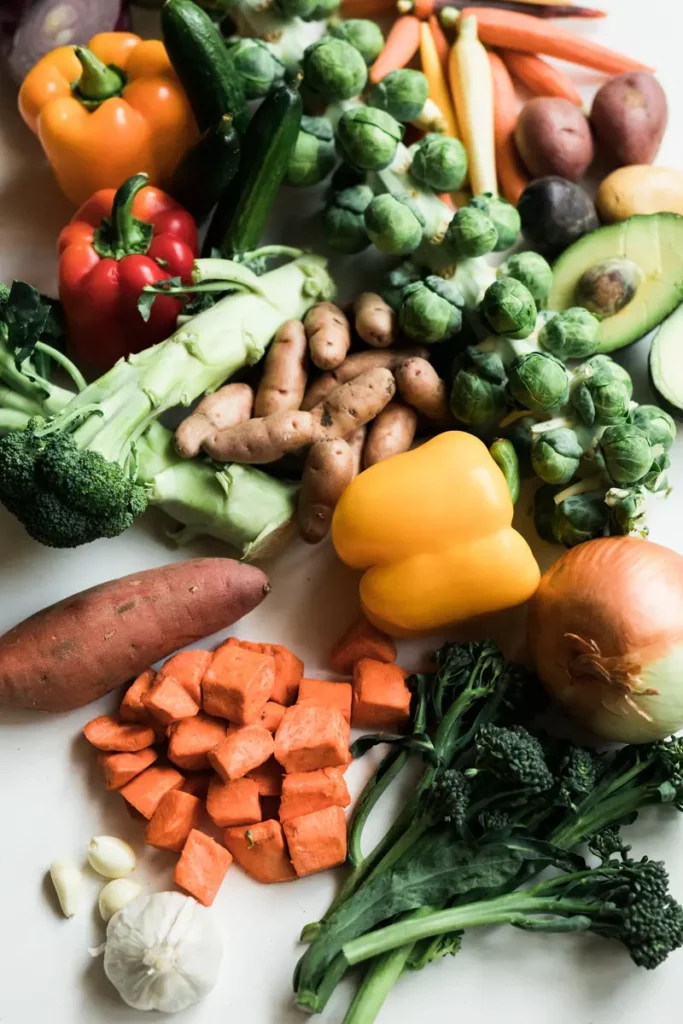
2. Getting Healthy, Organic Food
Who doesn’t want to eat the cleanest, and healthiest, organic food? The people who are homesteading can actually make it happen. They know how and where their animals were fed. They can make sure that their cattle are not treated with any chemicals. They can grow their vegetables in organic soil, full of nutrients and free of fertilizers or pesticides. The result? Clean, fresh and healthy food every time!
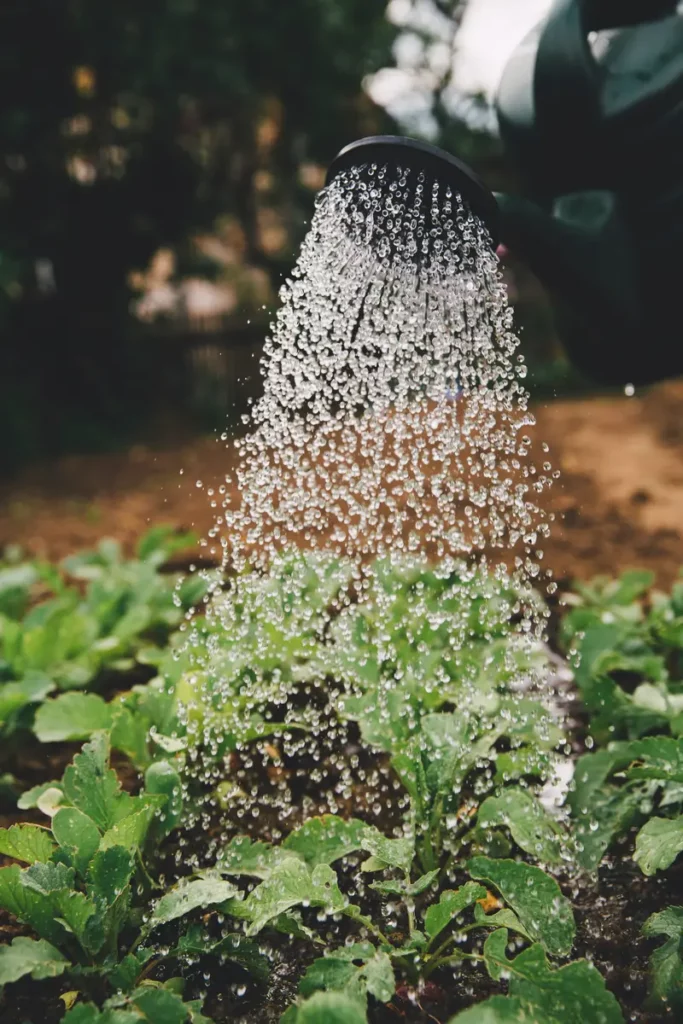
3. Development of Skills
A homesteader has a chance to acquire a skill set that benefits him for the rest of his/her life. Imagine learning gardening, cooking, chopping wood, building, preserving, raiding cattle, slaughtering animals, cleaning and so on and so forth. This lifestyle helps you learn important life skills that come in handy no matter where you live or work.

4. Connected With Nature
Homesteading allows you to appreciate the life cycle of plants and animals. You get a chance to see hens laying eggs, and chickens hatching out and growing. You might have to see your goat getting pregnant and giving birth to the lambs. Spending time close to animals and observing their life-cycle makes you more empathetic towards them.
You also get a chance to see the plants growing from a seed to a giant tree. Feeling the mud between your fingers, sowing the plants on your entire property and knowing that one day, they can provide food for your family is quite satisfying.
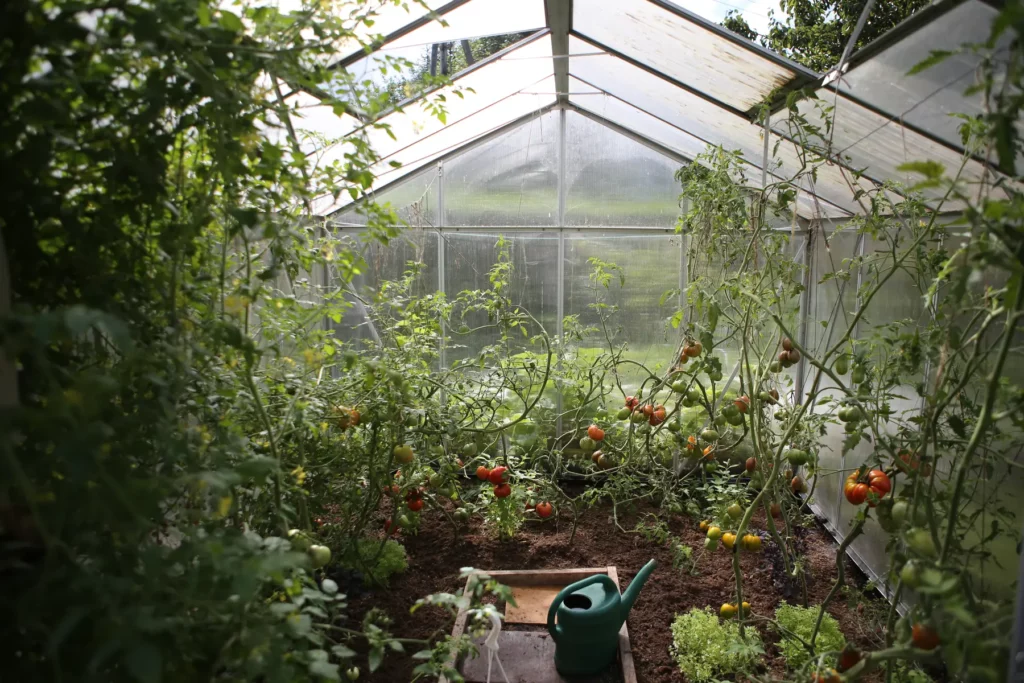
5. Family Time
Imagine living downtown where the parents don’t get time to exchange more than a few words each day with their children. Now imagine a lifestyle where parents and children wake up, cook, eat, clean, chop wood, raise animals, grow crops, build fences, and in fact do everything together as a team. They are brought together by the good times as well as the bad times. This connection is quite fulfilling and satisfying.
Besides family, homesteaders also develop connections with like-minded people quite easily. In some cases, they become as close as the family. This connection with people is a great source of comfort and pleasure for homesteaders.
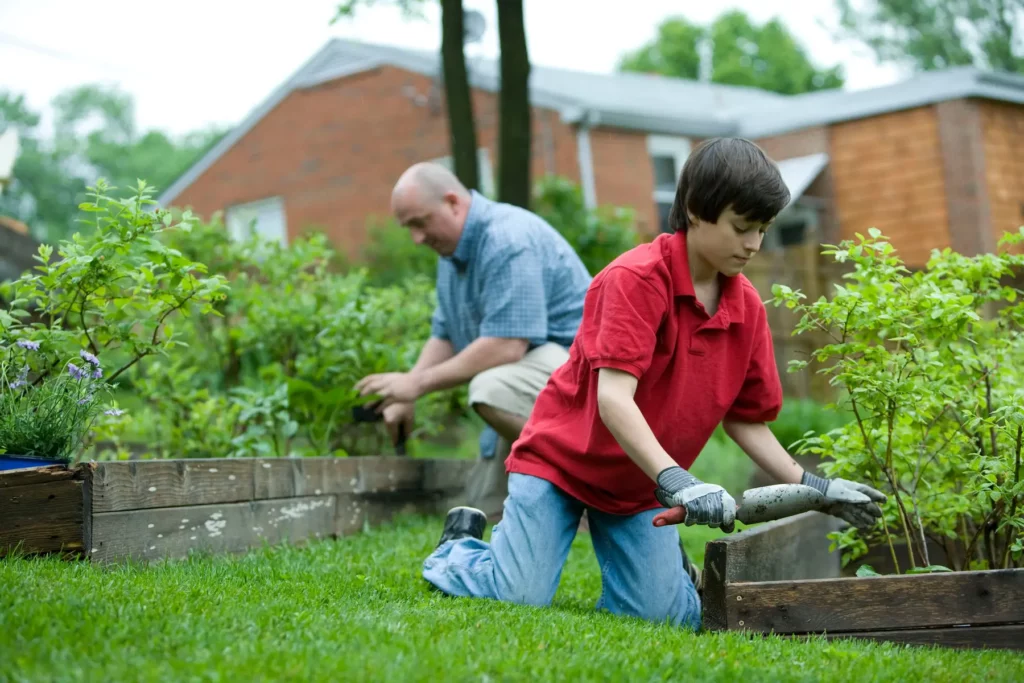
6. Environmentally Friendly Life-Style
Homesteaders contribute to their environment in a positive way. Imagine how much they decrease their carbon footprint when they collect rainwater in buckets or create a drip irrigation system. Imagine how much they help the environment when they don’t drive anywhere to get groceries. Imagine how much they help save fossil fuels when they choose wind turbines or solar panels to heat their homes. Homesteading helps conserve the environment and keep it clean.
If you are interested in realizing your dream of homesteading, the following tips can help you choose land and start homesteading.

How to Choose a Land For Homesteading in Ontario?
Choosing land for homesteading in Ontario can be quite challenging. Many homesteaders choose a free land in Northern Ontario for off grid living. The weather is quite cold in winter there (around -35 degrees) but summers are wonderful. You can sow seeds, grow plants, rear cattle, chop firewood, and so on and so forth. Prospective homesteaders start by searching through the real estate listings.
Keep in mind the following tips to choose land for homesteading in Ontario.
4 Easy Ways Of Using Home Equity To Buy Another Home
1. Good Supply For Water
When choosing land for homesteading, you should ensure that there’s an adequate supply of good-quality water. If the water is contaminated, your homesteading project cannot be realized.
2. Good Soil
Another factor that contributes to the success of homesteading is the presence of suitable soil.
3. Wood Lot For Fire
You also need wood for the fire. Find a place where you can easily get firewood.
4. Suitable Materials For Outbuildings
You also need to have suitable materials for building fences or a log house or two.
5. Life Amenities
Some people might prefer the nearness to shops, schools and medical care. Depending on your situation, you can choose a place close to these amenities.
6. Good View
Though it is not a priority if there’s a property that meets the criteria of a good view, it is a bonus. Just make sure that you do not compromise on the must-haves for homesteading.

Nick Labrosse

What Is Urban Homesteading?
Sometimes, traditional homesteading is not an option for people. People might have jobs, children studying in a school or aging parents who need support. In a situation like this, urban homesteading is a great option to live a sustainable life.
Urban homesteading is a technique that involves growing your food, raising your animals and living a self-sufficient life without leaving the city.
5 Ways Of Doing Urban Homesteading
The following are some of the tips for doing urban homesteading:
1. Start A Garden
One of the easiest ways of doing urban homesteading is starting a garden in your house. If you don’t have any land of your own, sign up for a community garden or borrow a land from a neighbor. Reduce your reliance on the grocery store and eat the fresh produce of your garden. If you are new to gardening, it might be difficult for you to choose plants to grow. Easy-to-grow fruit trees or vegetables are great to start with. You must also consider how much outdoor space you have before choosing plants.
If you have a little outdoor space, indoor gardening can also be a great option. It allows you to grow at least a few fruits and vegetables.
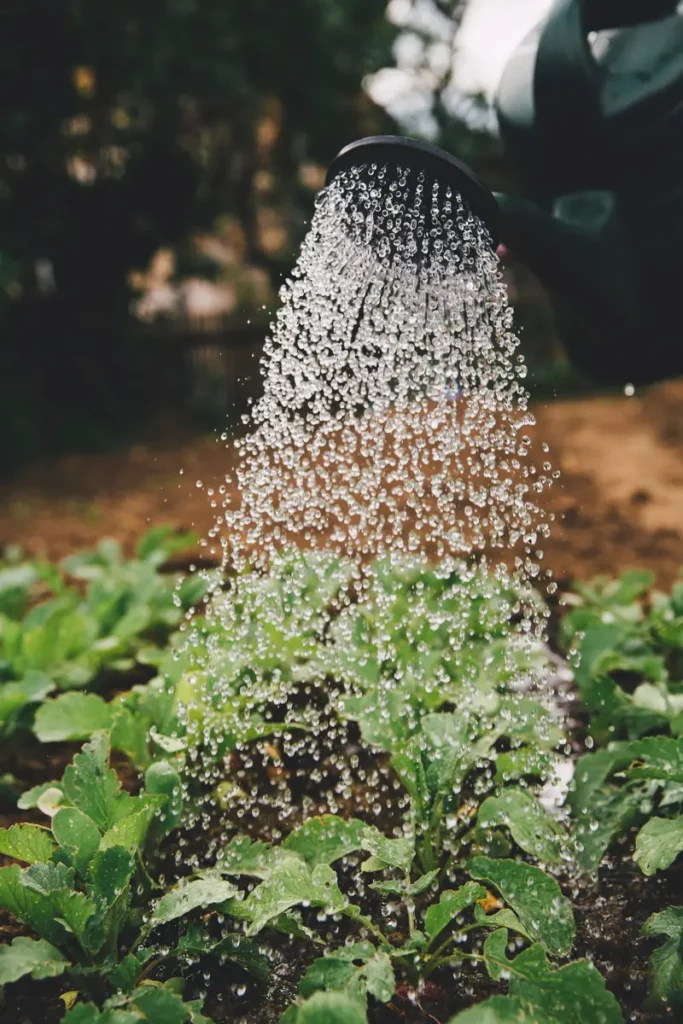
2. Preserve Food
Once you are growing your own food, it’s only natural that you want to preserve that food so that it could last longer. That is why it is important to learn different methods of food preservation.
One of the easiest and most common ways of preserving food is freezing it. Canning is another alternative to preserve your fresh fruits and vegetables. Use the extra space in your dining room to stack all those cans. Some other options could be:
- Drying or dehydration
- Pickling
- Smoking
- Salting
- Sealing
- Fermentation
- Jamming
It is important to properly learn the method of food preservation before trying it out. A poorly preserved food might cause health issues.
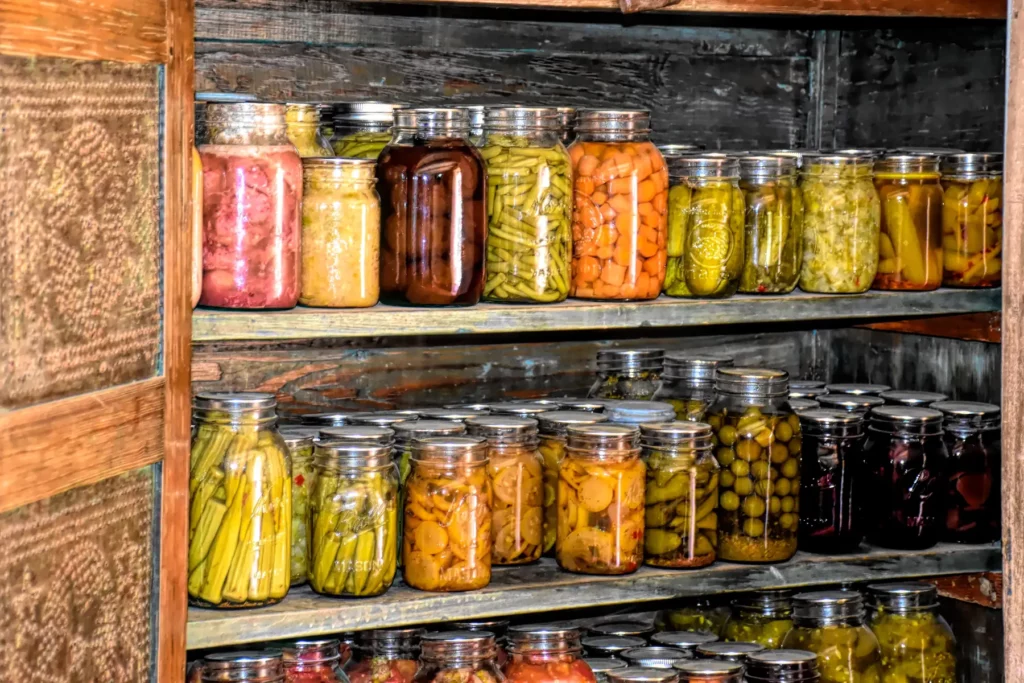
3. Live Stock Options
One of the great ways to experience urban homesteading is to explore backyard livestock options. Some of the common choices for urban homesteaders are chicken, goats, rabbit, duck, and fish. Chicken is the easiest to raise an animal for urban homesteaders. It is small, easily managed, and provides a steady supply of farm-fresh eggs. Another great benefit of raising chickens is that they turn kitchen waste into eggs or a meat yield. Choose a good breed for better produce.
Raising goats is another great option for urban homesteaders. Goats can produce milk, meat, and hides. A goat’s milk can be used to produce cheese, butter, cream and yogurt. A goat’s milk can also be used to produce soap and lotions. Similarly, raising rabbits, ducks, fish or honey bees can also be quite beneficial.
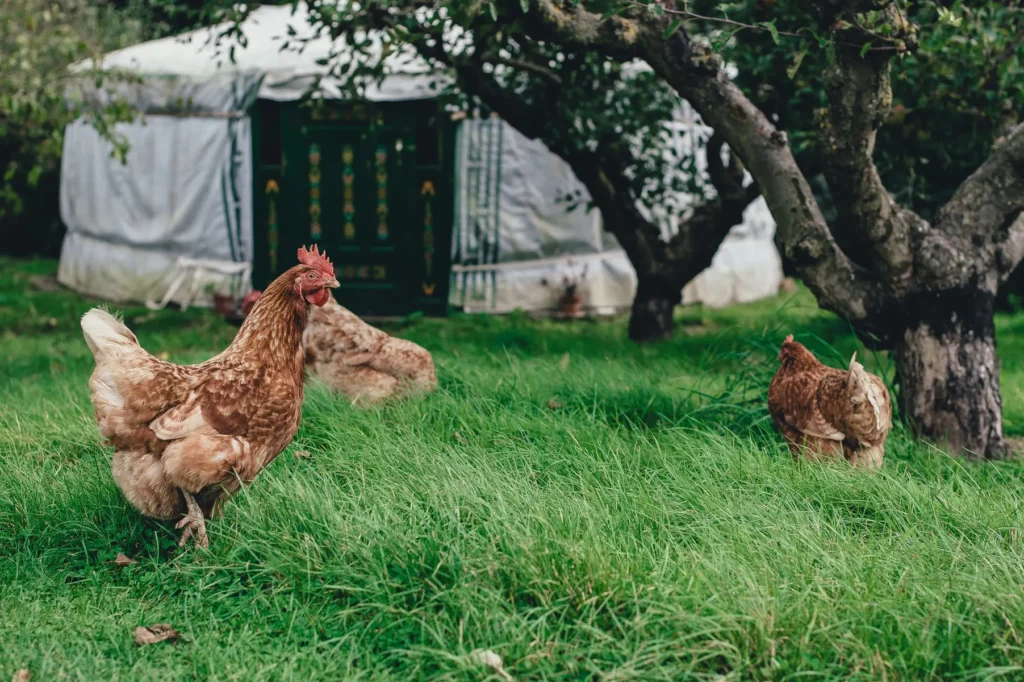
4. DIY-A LOT!
Being an urban homesteader, you must find ways to reduce reliance on hiring services. This means more homemade products. A good place to start is making your own cleaning products. You can also make your health and beauty products too.
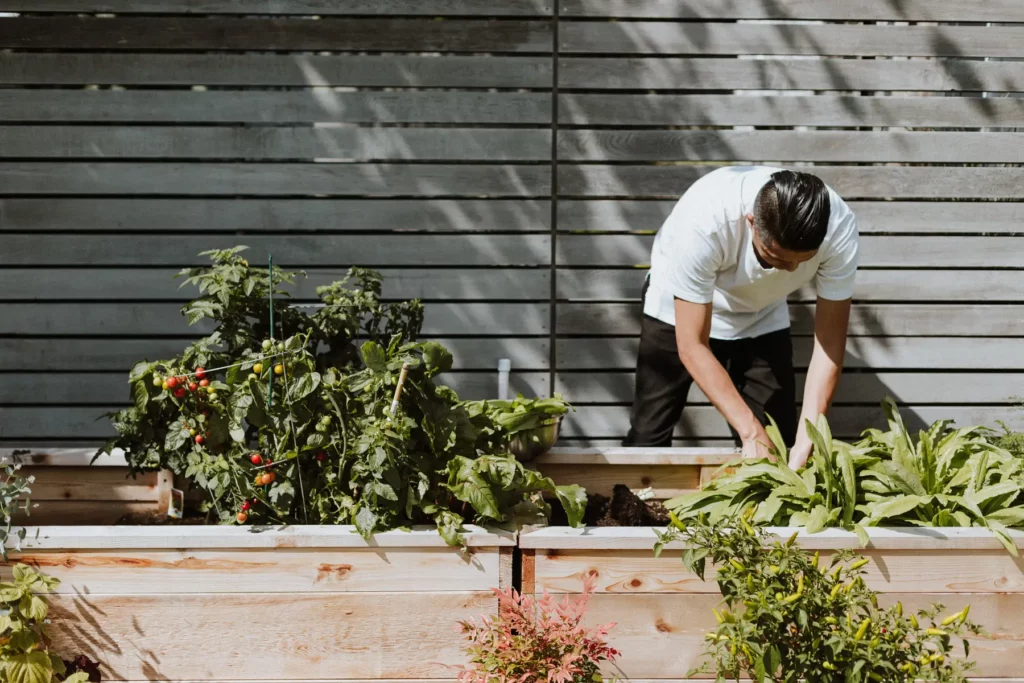
5. Learn New Skills
Urban homesteading means you would be learning a lot of new skills all the time. Sewing, crocheting, knitting, and quilting are some of the traditional homesteading skills. As the goal of homesteading is being self-reliant, you should be experienced in fixing things too. This can reduce your reliance on calling mechanics for every small task.
There are endless options for people to adopt a homesteading lifestyle in urban settings. Start living simply and mindfully to enjoy the benefits of urban homesteading.

Conclusion
There are loads of opportunities for adopting a homesteading lifestyle. If you wish to learn to provide and produce for yourself, it is never too late to start. Find yourself some land and start living your dream life. If it is very difficult for you to leave the town due to commitments, it is possible to live off the grid even while living in a city. There are several benefits of homesteading but it makes you learn and struggle almost all the time.
FAQS
You can earn money in a variety of ways. One way of earning money while living off the grid is by selling seeds and seedlings from your garden. You can also sell dairy products by processing milk. You can also craft things and sell them online.
It depends on your lifestyle. If you wish to produce solar energy, installing solar panels might be a bit expensive. Similarly, building a house yourself might require some investment in the beginning. However, all this investment will pay off in the long run.
Yes, it is possible. You can start a small garden or install solar panels to live a sustainable life. If you have some outdoor space, you can also keep some animals like chickens, or goats.

